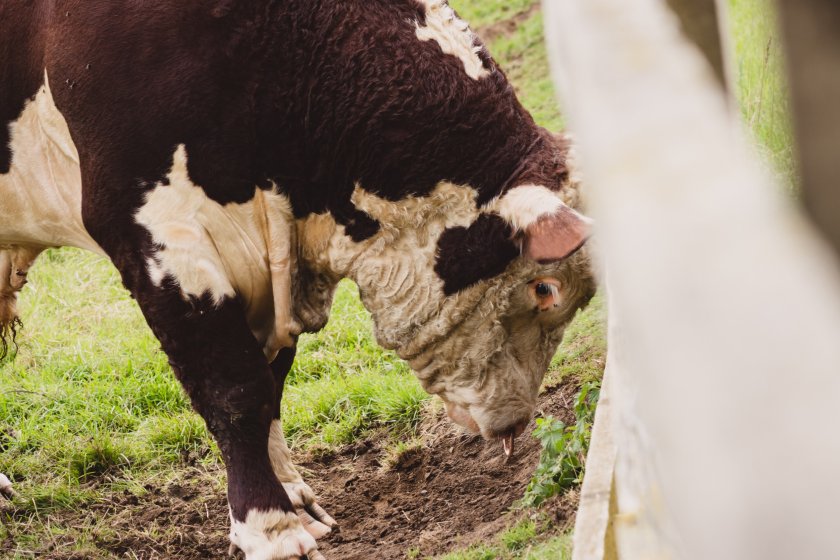
The government has revoked Norfolk's temporary control zone (TCZ) and replaced it with a larger one as cases of bluetongue continue to be confirmed.
The 10km TCZ near Cantley, Broadland has been widened to form a new, larger TCZ, as the county saw yet more cases of the virus over the weekend.
There have now been 62 bluetongue cases in Norfolk and Kent on 38 farms and holdings, according to the latest figures published by Defra.
Both counties are still in a temporary control zone (TCZ) since the initial outbreak of bluetongue in mid-November, which was the UK's first case since 2007.
Bluetongue is a non-contagious, viral disease affecting sheep and cattle, which is transmitted by insects, particularly biting midges.
The severity of disease varies among different species, with clinical signs being most severe in sheep, resulting in death, weight loss and disruption in wool growth.
Cattle often have a higher infection rate than sheep, and the demonstration and severity of clinical signs varies depending on the strain of virus.
However, production losses, particularly milk yield, can remain for a long time and are significant. Infected animals can abort or give birth to weak offspring.
Defra's latest update said that surveillance was ongoing, adding that "there is still no evidence that bluetongue virus is currently circulating in midges in Great Britain."
"Following active surveillance of premises in the Norfolk TCZ, two further cases of bluetongue have been confirmed in cattle on a holding near Norwich," Defra said.
"As these two animals were grazing on land just outside of the TCZ during the high-risk period, the TCZ has been extended."
The bluetongue virus is usually transmitted by midge bites and affects cows, goats, sheep and other camelids such as llamas.
Midges are most active between April and November and not all susceptible animals show immediate, or any, signs of contracting the virus.
Christine Middlemiss, the UK’s chief veterinary officer, has urged farmers to remain vigilant for bluetongue virus following the latest news.
“Bluetongue does not pose a threat to human health or food safety, but the disease can impact livestock farms, and cause productivity issues," she said.
“This detection is an example of our robust disease surveillance procedures in action and it is also a clear reminder for farmers that the disease remains a threat, despite coming towards the end of the midge activity season.
“Farmers must remain vigilant and report any suspicions to APHA.”
Farmers can call the dedicated bluetongue hotline to get advice or ask questions linked to the current situation – on 024 7771 0386 from 9am to 5pm, Monday to Friday.
